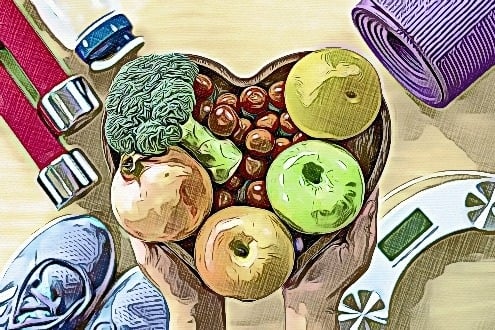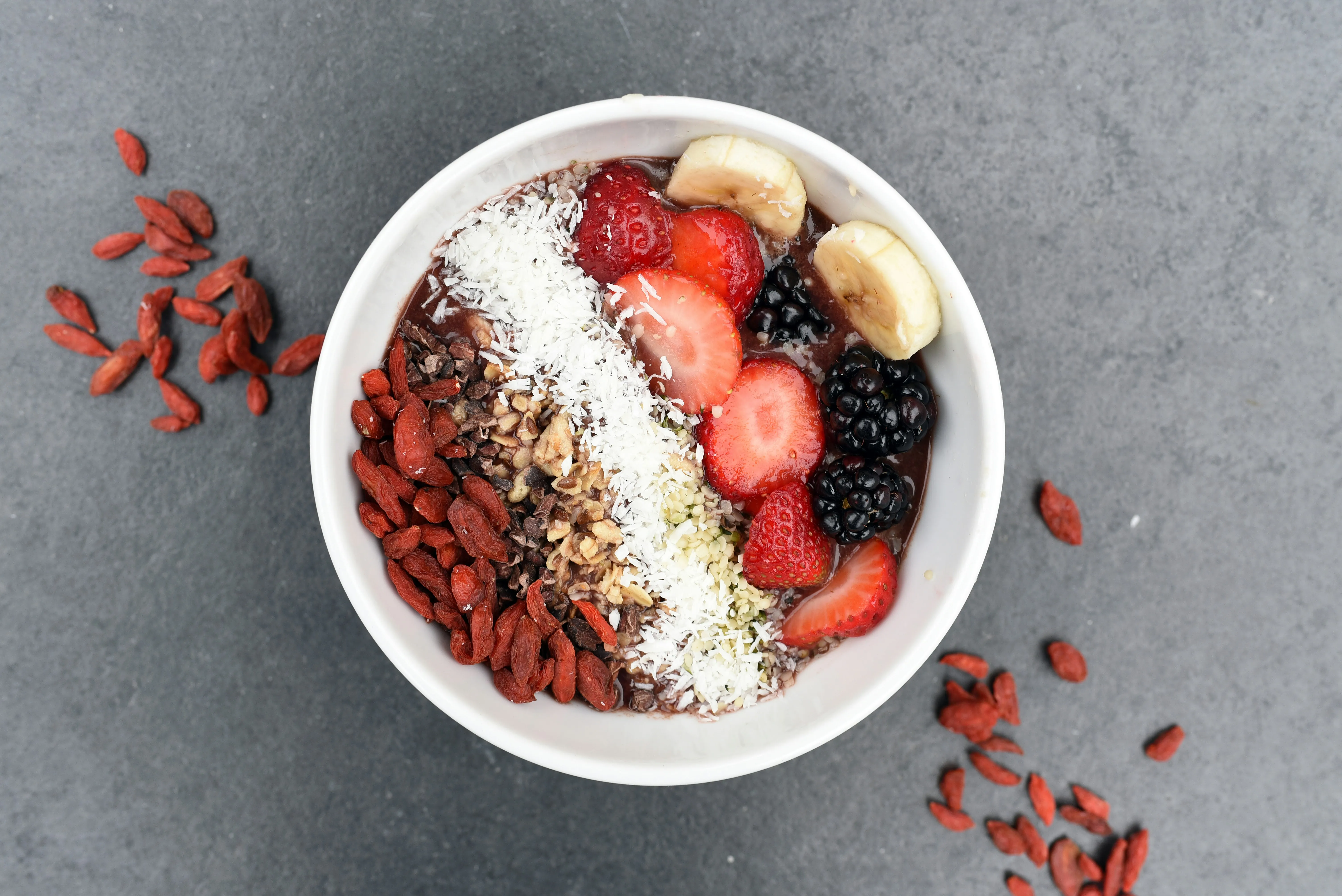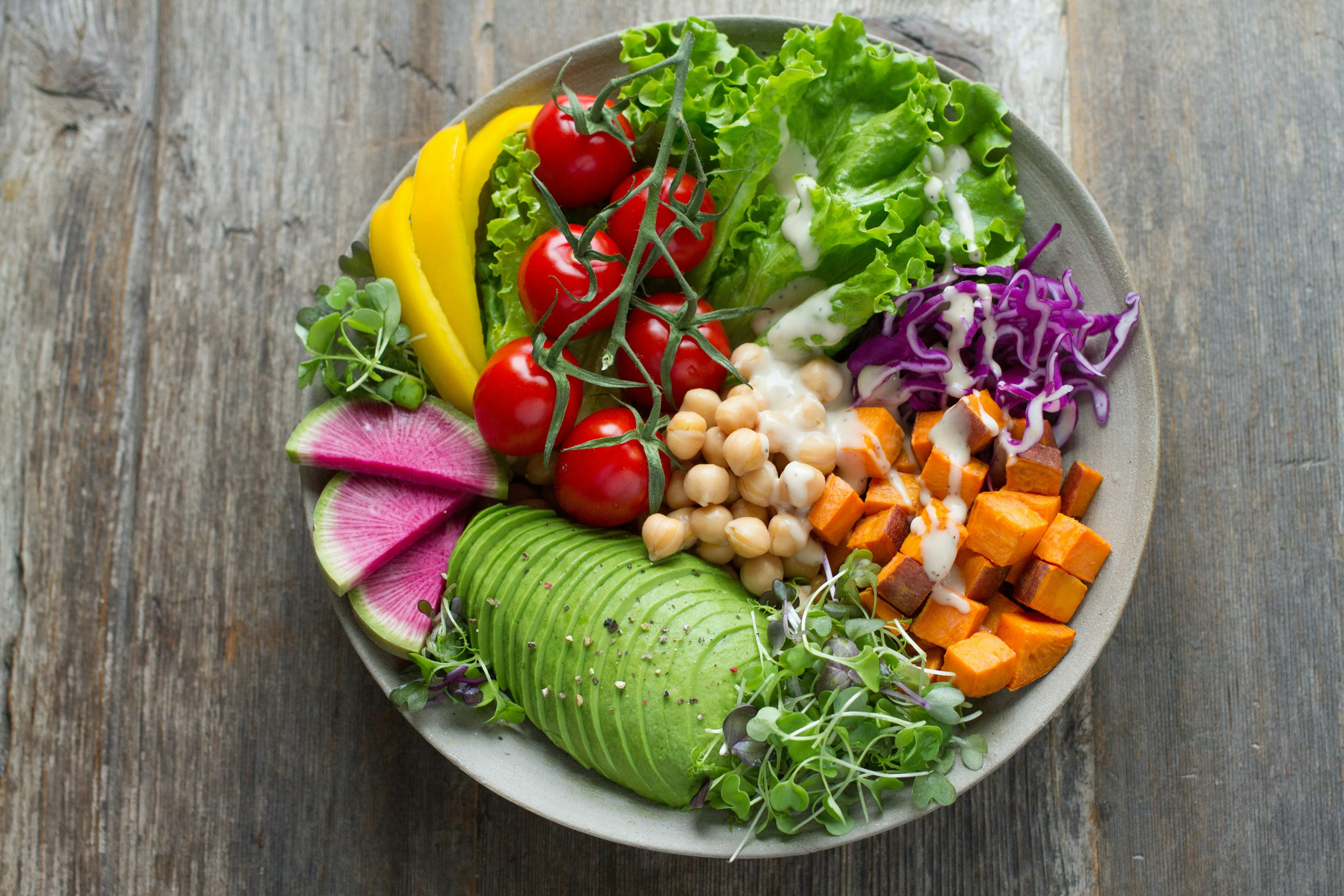6 Low Carb Foods
That Clean Your Arteries
Ignoring things we can't see is easy, but if you've been consuming an unhealthy diet for a prolonged period of time, it's important to understand the impact on your arterial health.
This article focuses on six of the most effective foods that can assist in cleansing your arteries and improving your overall health.
A poor diet can have adverse effects on your arteries, while a healthy diet and lifestyle can help safeguard them.





What Are Your Arteries—Exactly?
Your arteries play a critical role in delivering oxygenated blood to your body's tissues, as they are muscular tubes composed of three layers. The innermost layer of your arteries, known as the endothelium, is of particular importance.
Endothelial dysfunction can result in inflammation, leading to scarring, which ultimately contributes to the formation of plaques consisting of cholesterol and calcium deposits. This progression of plaque buildup in the arterial walls is medically referred to as atherosclerosis.
Beware of Coronary Artery Disease (CAD)
Over time, the accumulation of plaques in your arteries can result in a narrowing of the arterial passageways and impede the blood flow to your heart, leading to a condition known as Coronary Artery Disease (CAD).
CAD can result in intense chest discomfort or angina, as well as shortness of breath. In severe cases, a complete blockage can trigger a heart attack or stroke.
Coronary Artery Calcification
If you're worried about the health of your arteries, you may want to consider a Coronary Artery Calcification (CAC) test. In the event of plaque buildup, the food items outlined below may be beneficial.
However, there's no need to wait for a negative diagnosis before taking action. You can begin working on arterial maintenance and prevention right away.
Without further delay, here are six low-carb foods that can aid in the cleansing of your arteries.
#6 Garlic
Among vegetables, garlic is particularly beneficial for your heart health. Its potent antioxidants safeguard your cells from damage and infection.
Garlic is a nutrient-dense plant, high in manganese, selenium, vitamins B6 and C, as well as essential minerals like phosphorous, calcium, potassium, copper, and iron [1].
In addition to these impressive nutritional benefits, studies indicate that garlic can help regulate cholesterol levels and lower high blood pressure.
Of particular interest is a 2016 study published in the Journal of Nutrition, which investigated the effects of Aged Garlic Extract as a supplement. The findings revealed that this extract had the ability to reverse the dangerous buildup of arterial plaque [2].
Consequently, incorporating garlic and its derivatives into your diet can assist in preventing and treating Coronary Heart Disease (CHD)
#5 Berries
Berries add a lot of health benefits to your diet thanks to their high nutritional profile. Think strawberries, blueberries, blackberries, cranberries, and others. And these tasty bite-sized snacks are fruit titans when it comes to caring for your arteries.
Berries contain plant compounds called polyphenols that include flavonoids. The antioxidant effects of flavonoids may reduce risk factors for atherosclerosis. Some examples are irregular blood sugar levels, high LDL cholesterol, and high blood pressure.
Also, the high nutrient content in berries helps reduce inflammation. They also protect your cells from damage and help prevent arteriosclerosis [3] [4].
Research... published in AJCN (The American Journal of Clinical Nutrition) ... found that a daily cup of blueberries over 6 months reduced arterial stiffness. All the study volunteers were adults with metabolic syndrome [5].
#4 Cruciferous Veggies
Your cruciferous veggie crew includes broccoli, cauliflower, cabbage, and several others. Scientists have linked cruciferous plant food intake to improved artery health [6].
It's time to reconsider if these plant foods don't form the bedrock of your heart-healthy diet. They're loaded with healthful vitamins, essential minerals, and powerful antioxidants.
High levels of dietary fiber in these veggies improve your digestive health. Plus, cruciferous plants contain potent sulfur-containing compounds called glucosinolates.
The anti-inflammatory, antiviral, and antioxidant properties of glucosinolates can protect you against atherosclerosis. Research also suggests glucosinolates reduce chronic disease risks, including some cancers [7].
Other studies have linked cruciferous vegetables to reduced arterial calcification. And that lowers your risk of atherosclerosis-related disease [8] [9].
#3 Avocados
Look no further than the avocado for your delicious nutrient-packed low-carb food. It's a perfect complement to your salads, as a sandwich filler and an ingredient for guacamole.
Adding avocado to your diet is so much more than just a delicious food... it's a heart-healthy superfood as well. And here's how it works inside your body.
Research from the public research-I university... Penn State... says an avocado a day can lower small, dense LDL cholesterol particles. Lower LDL helps stop the buildup of plaque in your arteries. Plus, the vitamin E in avocado prevents cholesterol oxidation [10] [11].
Avocados also contain the essential mineral potassium. Potassium eases tension inside your blood vessels and lowers high blood pressure.
#2 Leafy Green Veggies
Say YES to artery-pampering leafy greens like spinach, chard, kale, and arugula. Your body will thank you for it. Their abundance of nutrients can help keep your artery walls clean.
Leafy green veggies deliver many nutrients, such as vitamin A, C, K, fiber, and antioxidants. They're also an excellent source of calcium, potassium, folate, iron, and magnesium [12].
As leafy greens grow, they absorb minerals called nitrates. Dietary nitrates reduce inflammation and improve the function of your blood vessels. And the potassium in leafy greens inhibits vascular calcification... a process that influences atherosclerosis [13] [14].
Numerous studies over several years looked at the heart-healthy benefits of leafy greens. They've shown that a diet rich in these veggies can reduce your risk of heart disease [15].
#1 Extra Virgin Olive Oil
It's official, olive oil consumption... and especially extra virgin olive oil... lowers your risk of Coronary Heart Disease (CHD) and Cardiovascular Disease (CVD). These are the findings of a 24-year study, first published in March 2020 [16].
So how does olive oil work? What's really going on inside your body?
According to scientists, it's all thanks to olive oil's polyphenol compounds. Polyphenols contain powerful health-promoting antioxidants. And it's these antioxidants that support the health of your heart and blood vessels.
To get the highest amounts of polyphenols from olive oil, go for the extra virgin variety. It gives you more anti-inflammatory protection against atherosclerosis than regular oil [17].
A 4-month study... first published in the European Journal of Nutrition... monitored 82 volunteers with early atherosclerosis.
Just 1 oz. of olive oil a day saw substantial improvements in their blood vessel function. Researchers also noticed a significant reduction in inflammatory markers [18].
1. https://www.bbcgoodfood.com/garlic-nutrition/
2. https://www.sciencedaily.com/aged-garlic-extract/
3. https://pubmed.ncbi.nlm.nih.gov/atherosclerosis-prevention/
4. https://www.ncbi.nlm.nih.gov/berry-consumption-on-CVD-risk/
5. https://academic.oup.com/reduce-arterial-stiffness/
6. https://www.health.harvard.edu/veggies-better-artery-health/
7. https://www.ncbi.nlm.nih.gov/pmc/glucosinolates/
8. https://www.ahajournals.org/lower-ASVD/
9. https://pubmed.ncbi.nlm.nih.gov/protect-against-vascular-calcification/
10. https://catalyst.harvard.edu/avocados-lowers-bad-LDL-cholesterol/
11. https://www.ncbi.nlm.nih.gov/prevents-cholesterol-oxidation/
12. https://www.heart.org/potassium-lowers-HBP/
13. https://www.eatright.org/leafy-greens-nutrients/
14. https://www.ncbi.nlm.nih.gov/pmc/articles/dietary-nitrates/
15. https://www.ncbi.nlm.nih.gov/pmc/dietary-potassium/
16. https://www.ncbi.nlm.nih.gov/leafy-greens-reduce-CVD/
17. https://www.ahajournals.org/lower-CHD-and-CVD-risk/
18. https://pubmed.ncbi.nlm.nih.gov/olive-oil-anti-inflammatory-effects/
19. https://link.springer.com/improved-blood-vessel-function/
Copyright 2025 by Mind Health You. All rights reserved.
This site is not a part of the Youtube website or Youtube Inc. Additionally, This site is NOT endorsed by Youtube in any way. YOUTUBE is a trademark of YOUTUBE, Inc.
Disclaimer: The content of this site is for informational purposes only, and is not intended to replace professional medical advice, diagnosis or treatment. Always seek the advice of your doctor or other qualified health care professional about a medical condition, a suspected medical condition, and before starting a diet, exercise, or supplementation program or take or stop a medication. Individual results may vary.
Mind Health You is an independent publisher. We may include affiliate links in our content and may earn a commission if you choose to purchase through those links. We are not affiliated with, sponsored by, or officially endorsed by any of the brands, companies, or individuals mentioned on this site.
